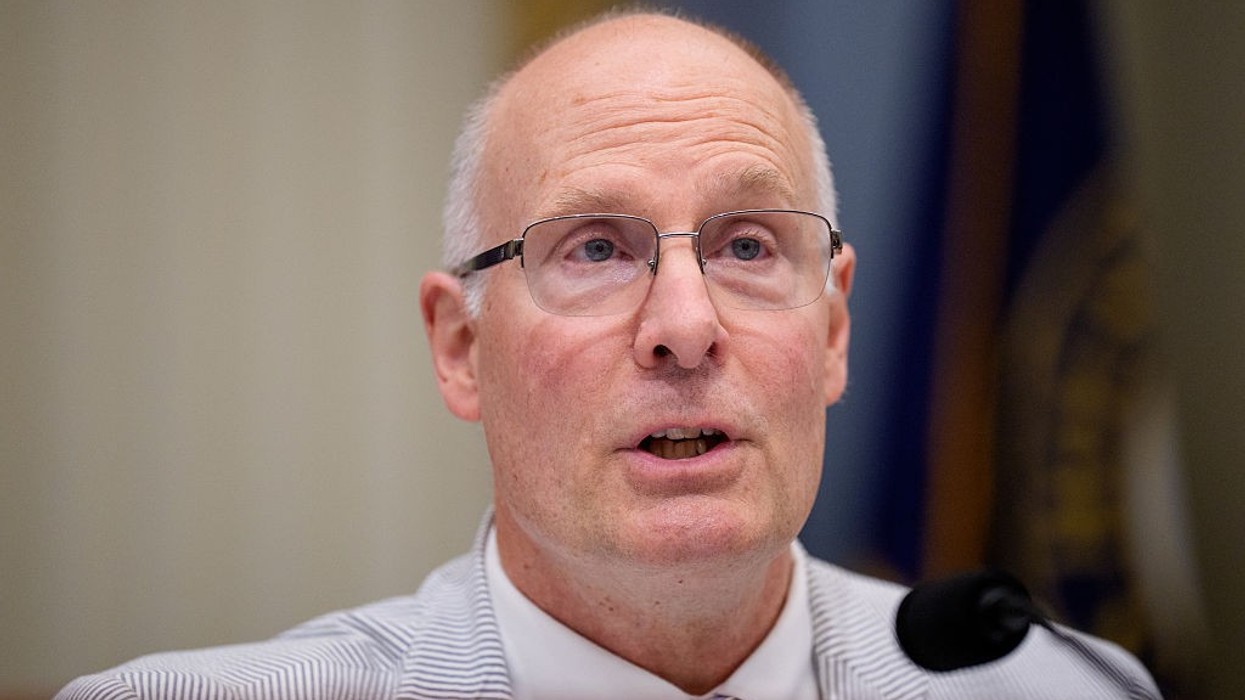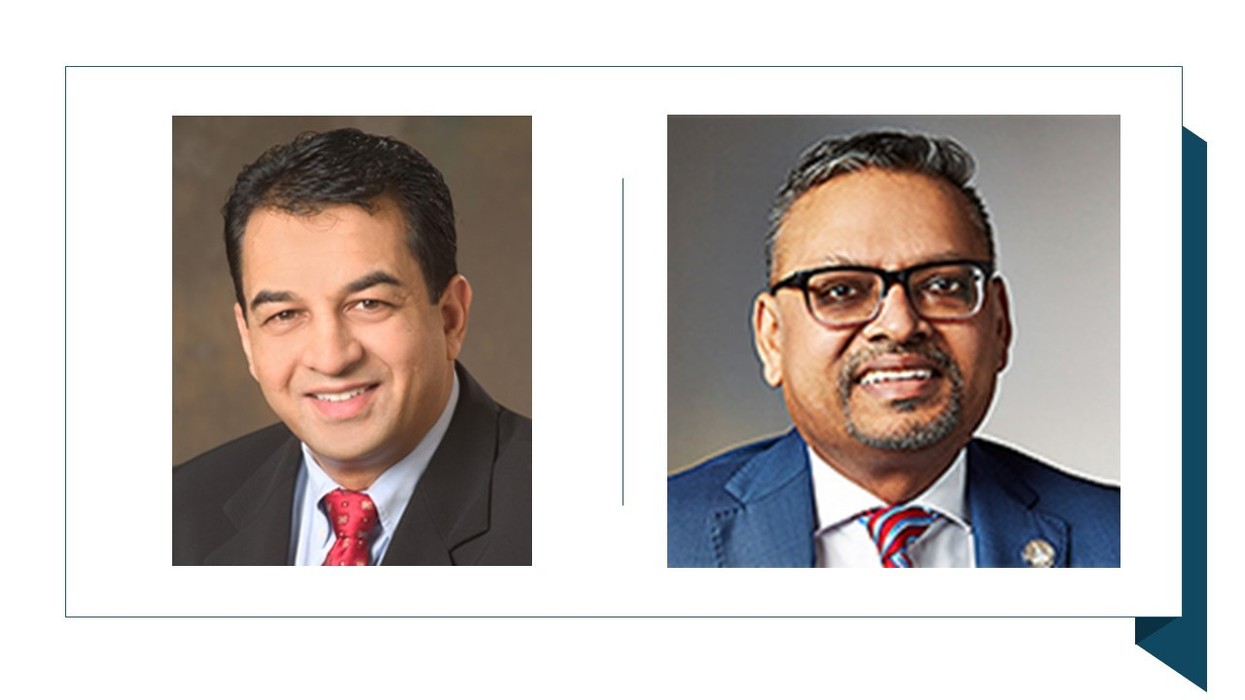Dr. Ritesh Kalra, a 51-year-old internist from Secaucus, New Jersey, faces serious federal charges for allegedly distributing opioid prescriptions without legitimate medical justification, soliciting sexual favors in exchange for prescriptions, and committing health care fraud. The charges were announced in a five-count complaint following an FBI investigation, detailing the breadth of misconduct allegedly carried out from his medical practice in Fair Lawn.
Initial court appearance and restrictions
Kalra made his first appearance in federal court on July 17, 2025, before US Magistrate Judge André M. Espinosa in Newark. He was released under home incarceration and signed an unsecured bond of $100,000. Pending the outcome of the case, Kalra is barred from both practicing medicine and prescribing medications, and he is required to close his medical practice.
Allegations of operating a pill mill
According to court documents, Dr. Kalra is accused of operating what authorities describe as a “pill mill.” He is alleged to have routinely provided high-dose opioids—specifically oxycodone—and promethazine with codeine to patients lacking a valid medical need. From January 2019 through February 2025, Kalra reportedly wrote more than 31,000 prescriptions for oxycodone, on occasion issuing as many as 50 prescriptions in a single day.
Exchanging opioids for sexual favors
The most disturbing accusations against Kalra involve his alleged solicitation of sexual favors from patients in exchange for opioid prescriptions. Several former employees reported that female patients complained of sexual touching and demands for sexual acts in return for their medication. One patient reported multiple instances of sexual assault, including forced anal sex during clinical appointments. Despite one patient being incarcerated, opioid prescriptions were still issued under Kalra’s authority without any patient contact.
Healthcare fraud and fabricated records
In addition to the distribution charges, Kalra is accused of defrauding New Jersey Medicaid by billing for medical visits and counseling sessions that never took place. Documents allege that his electronic medical records contained false progress notes with fabricated dates and reused examination entries. Often, the progress notes failed to record basic clinical details like vital signs, further supporting the allegations of fraudulent activity.
Potential penalties
Each of the three counts of illegal distribution of controlled substances carries a maximum sentence of 20 years in prison and a fine up to $1 million. The two counts of healthcare fraud could each result in up to 10 years’ imprisonment and fines reaching $250,000 or double the amount gained or lost through the fraud, whichever is greater.
Ongoing legal proceedings
As federal authorities continue to investigate, Kalra remains on home incarceration with all medical practice activity suspended. The case underscores ongoing concerns about opioid abuse, prescription practices, and the exploitation of vulnerable patients within the healthcare system.















